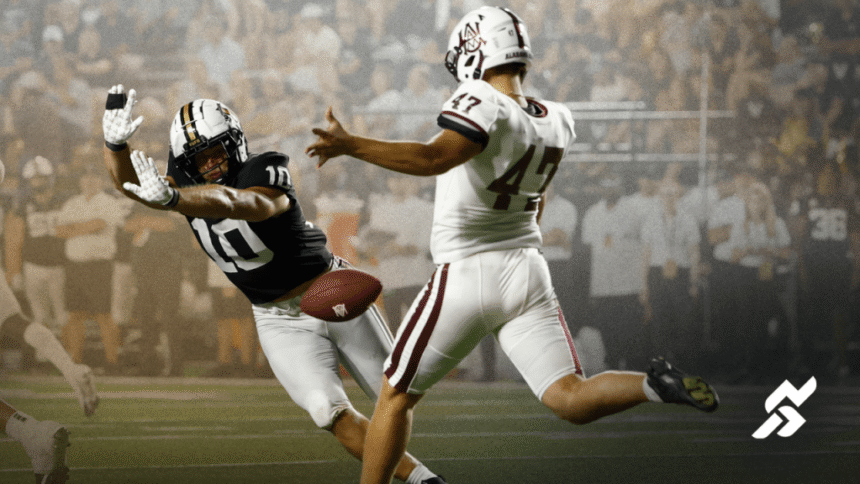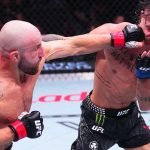In a lawsuit filed on Tuesday in a Tennessee federal district court, 10 current and former Division I athletes sued the NCAA and challenged the association’s redshirt rule limiting time on the field to five seasons.
Vanderbilt senior linebacker Langston Patterson and senior defensive lineman Yilanan “Issa” Ouattara, along with former Commodores safety CJ Taylor and wide receiver Quincy Skinner Jr. are among the 10 athletes who object to the current framework that permits five years of DI eligibility based on the date an athlete first enrolls in college.
Although players can participate in practices, workouts and other team activities for those five years, they are limited to four seasons of play. Football players can play up to four regular season games plus postseason games in a redshirt year without the season counting against the four seasons cap, while athletes in other sports can’t play games during their redshirt season without running afoul of the cap.
The players argue this arrangement is a violation of federal antitrust law. When the NCAA and its member schools and conferences agree to restrict how they compete for athletes, it presents a potential antitrust problem. Here, NCAA members are depicted as buyers of athletes’ services to play a sport. Those services are unlawfully harmed, the complaint asserts, when NCAA rules “have the unjustifiable effect of suppressing athletic careers [and] limiting college athletes’ institutional mobility.”
As the plaintiffs see it, NCAA rules “force college athletes to the sidelines not because of injury, misconduct, or academic ineligibility” but because of an “arbitrary” rule on what counts as a season. The alleged harm suffered by players includes lost opportunities to land greater NIL deals, denied cuts or larger cuts of House settlement revenue shares and chances to further hone skills that might attract the interest of pro teams. Given that an estimated 98% of college athletes won’t become pro athletes and will need to pursue other careers or grad school, the plaintiffs say the chance to earn while in college is especially important.
In a statement, co-lead counsel Ryan Downton of the Texas Trial Group emphasizes the case doesn’t challenge the NCAA’s five-year rule “or the concept of a defined eligibility period generally.” The case instead asserts that athletes should have five years to play when they have “five years to practice” and “five years to graduate.” If Downton’s name is familiar, it might be because he is a lead attorney for Vanderbilt quarterback and former JUCO transfer Diego Pavia, who last December scored a court order to play another season this fall (that ruling is currently on appeal before the U.S. Court of Appeals for the Sixth Circuit).
The other plaintiffs are football players Brayden Schager and BJ Harris Jr., baseball players Johnny Luetzow, Henry Stewart and Jakob Russell, and tennis player Timo Legout.
In a statement shared with Sportico, an NCAA spokesperson said, “The NCAA stands by its eligibility rules, including the five-year rule, which enable student-athletes to access the life-changing opportunity to be a student-athlete. The NCAA is making changes to modernize college sports but attempts to dismantle widely supported academic requirements can only be addressed by partnering with Congress.”
In the coming weeks, attorneys for the NCAA will answer Patterson v. NCAA and deny wrongdoing. Expect NCAA attorneys to argue, as they have in other eligibility cases, that eligibility rules are fundamentally about how long a college student can play a sport and should thus fall outside the scrutiny of antitrust law, which centers on commercial dealings. The NCAA will likely also argue that the redshirt rule better links educational goals with athletic opportunities and helps to distinguish college sports from pro sports.











